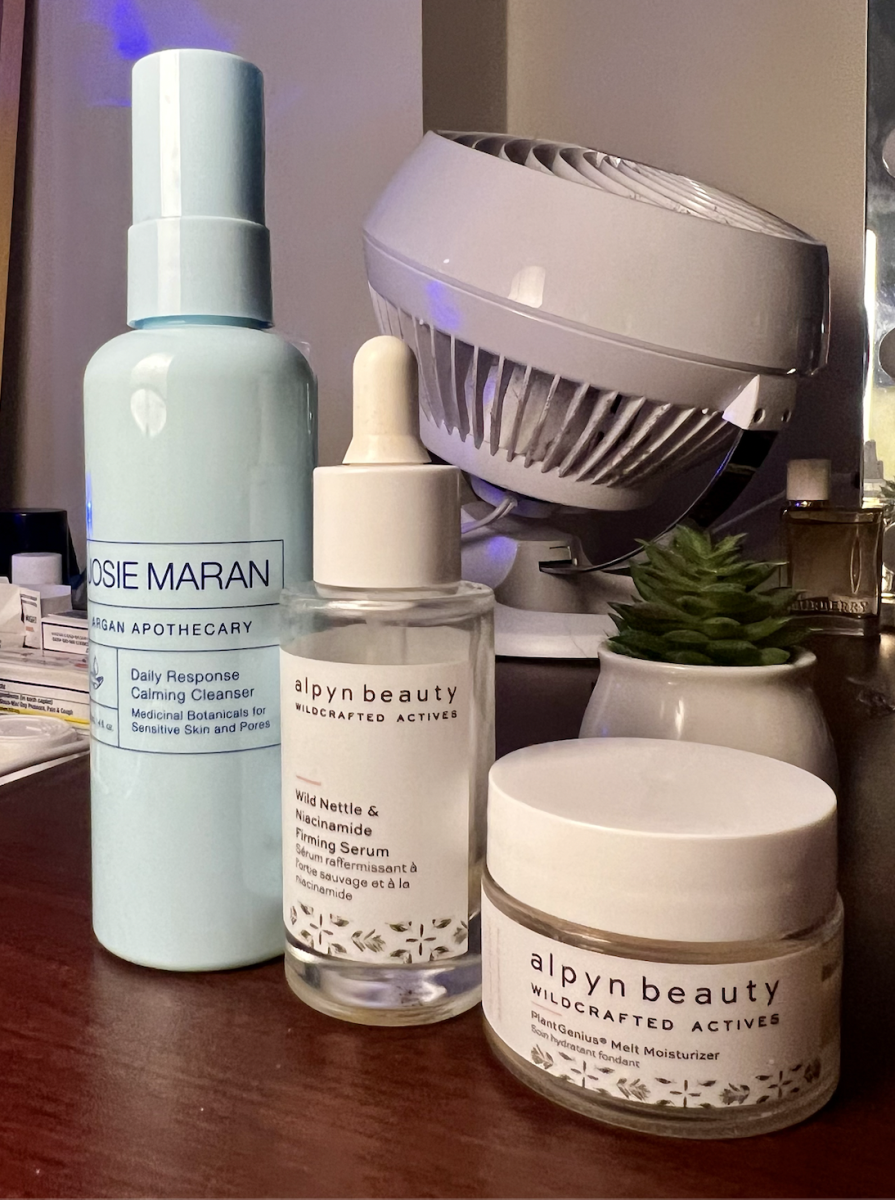
by Don Hamerman
For Rutgers Photo Services
Last Christmas break I found myself in the hospital as a result of a stress overload.
After studying for finals for weeks, I flew home to California where I soon was admitted to the hospital due to chest pains. I shortly found out that a virus had attacked my heart, a condition called myocarditis.
Doctors still do not know exactly what caused the virus to attack my heart. But they did suggest that stress, prescription Adderall and lack of sleep led to the episode.
I had to be rushed to UCLA Medical Center for a heart transplant,but I was lucky. My heart made a miraculous recovery.
During long nights in the library studying for final exams many think that getting through the night is their biggest problem, but college students may have more to worry about when pulling that all-nighter. Stress can be more detrimental to bodies than once thought.
People may be going too far to get good grades. Stress combined with stimulants, caffeine, lack of sleep and a poor diet can lead to severe problems.
Stimulants
Adderall and other prescription drugs help people with attention deficit/hyperactivity disorder. These stimulants affect chemicals in the brain to help with hyperactivity and impulse control.
As a result, students who take the drug are able to concentrate better and for longer periods of time. It helps with retaining information to aid in more effective studying.
However, students with ADHD are not the only ones popping these pills.
It has become a huge trend for students who do not have ADHD to take Adderall in order to get better grades.
Yes, even for those who don’t have ADHD, these pills can still help when it comes to writing that paper or studying all night – but with that comes some consequences.
Side effects of misused stimulants can include an irregular heart beat, irritability, light headedness, fainting, increased blood pressure, restlessness, dry mouth, trouble sleeping and more.
So although people may think that popping this miracle study pill is helping them get an A, they s should think twice about what it is really doing to the body.
My brother, former SMU student Rick Wilson, also contracted myocarditis. He has ADHD and was ordered to stop taking Adderall.
Wilson said that when he was taking the study aid he did feel many side-effects.
“I could feel my heart pounding in my chest but never really thought twice about it,” Wilson said.
This was, of course, until he was diagnosed with a heart problem.
Because Adderall is an amphetamine, similar to speed or cocaine, it is highly addictive.
Misuse of this medication has become a problem across college campuses among those who do not have prescriptions.
There are many different forms of this medication such as Vyvanse, Ritalin and Concerta.
“People who are prescribed are always down to get a little extra cash,” an SMU student said.
Caffeine
Those who can’t get their hands on these prescription drugs must settle for a different drug: caffeine.
Many people use caffeine as a way stay awake. From coffee to Red Bull to 5-Hour Energy shots, there are many ways for people to get their fix.
But caffeine does have its drawbacks. Sure caffeine keeps students alert to enable them to study all night, but caffeine can cause headaches, irritability, restlessness and high blood pressure, all of which are very similar to the side effects of Adderall.
Many people double up and take both Adderall and caffeine.
CVS pharmacist Emory Murray said that taking both at the same time “would make the Adderall stronger, having more of an effect on the central nervous system.”
This is not a good idea for the heart.
Food
Studying for long hours is usually accompanied by the late-night munchies.
Stress eating is a big problem for many students when studying for finals. Stress releases the hormone cortisol which is responsible for the fight or flight response.
This response is usually automatically turned off; however, with stress, the response is not turned off. The body goes into panic mode.
Board certified dietitian Karin Hosenfeld stated that there are many ways to cope with this stress, food being one of them. Hosenfeld said that people are usually drawn toward foods that are high in fat, sugar and salt.
Sleep and Snacks
Eating the right foods and getting adequate rest can help students study. Dietitian Hosenfeld said that snacks that stabilize blood sugar are the way to go when studying.
“High fiber and high protein snacks prevent peaks in blood sugar and provide stable energy that will last long.”
Amie Hazama, a senior at SMU, said that she stayed up all night once studying for a test.
“When I went in to take the test my brain went blank and I couldn’t even think.”
Getting a good night’s sleep allows the information to be solidified in the brain and allows for a clear thinking process the
next day.
So put down the Adderall and caffeine, grab a healthy snack, get some rest and happy studying.













